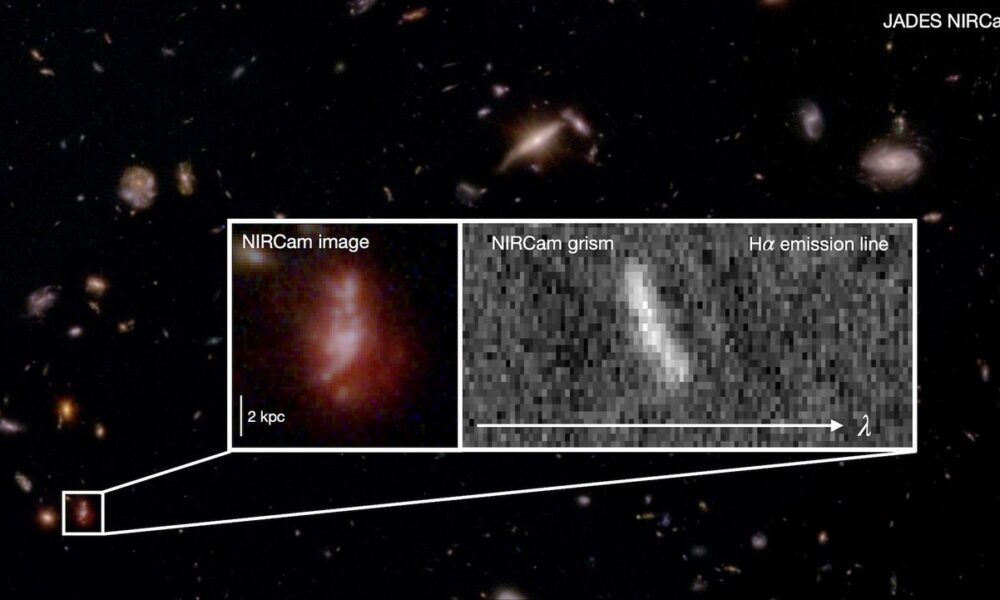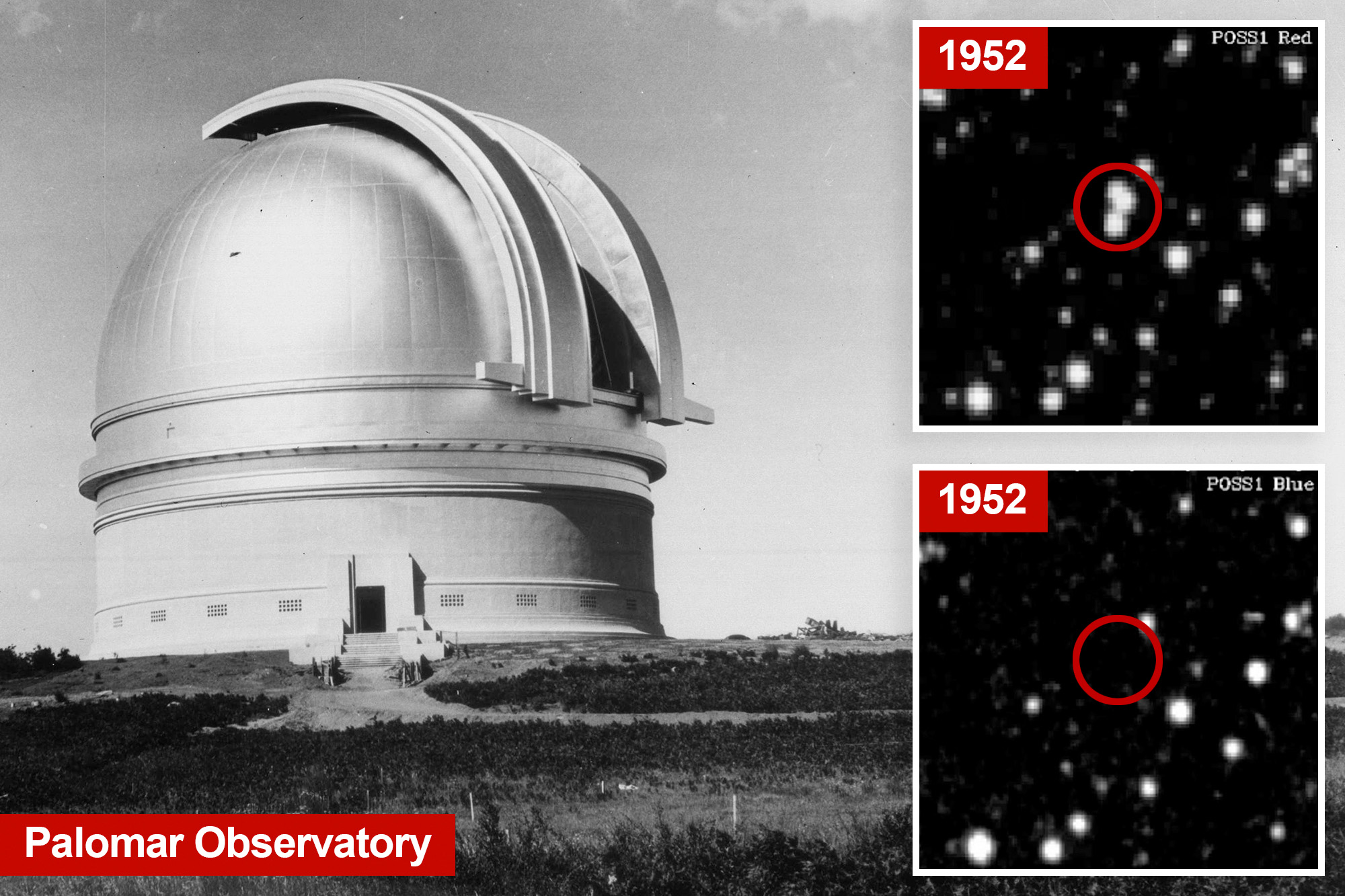Galaxies in the early universe exhibited significantly more chaos than previously understood, according to new research utilizing the James Webb Space Telescope (JWST). A team of scientists examined over 250 galaxies that formed between 800 million and 1.5 billion years after the Big Bang, which occurred approximately 13.8 billion years ago. Their findings were published on October 21, 2023, in the journal Monthly Notices of the Royal Astronomical Society.
The study suggests that these early galaxies were in a highly turbulent phase of their development. Lead author Lola Danhaive, a doctoral candidate at the University of Cambridge’s Kavli Institute for Cosmology, explained that the research focused on less-massive galaxies, which had been overlooked in earlier studies. Unlike the stable, rotating disks seen in more mature galaxies such as the Milky Way, these early galaxies displayed what the researchers termed “messy kinematics.”
Danhaive noted that previous studies focused primarily on larger, more orderly galaxies, which made up the majority of observable cosmic structures. This bias led to a misunderstanding of the actual turbulence present in younger galaxies. “We find evidence that this turbulence in the galaxy disk is caused by high amounts of gas, which fuels intense star formation and drives gravitational instabilities,” she stated.
The researchers discovered that this chaotic environment was essential for the evolution of galaxies. The transition from these turbulent structures to the more organized patterns observed in mature galaxies offers a new perspective on how galaxies develop over time. Danhaive elaborated, “At early times, galaxies are undergoing a turbulent phase of assembly, where strong bursts of star formation and high amounts of gas disrupt the ordered motions of the gas disk.”
As galaxies accumulated mass over billions of years, they became more stable. The amount of available gas decreased as it was consumed by star formation, allowing for a smoother evolution of structures like the Milky Way.
The capabilities of the JWST were crucial to this study. Positioned in a gravitationally stable region of space, far from the interference of Earth and the Moon, the telescope can observe deeper into the universe than its predecessors. Its infrared technology allows for the discovery of some of the earliest galaxies known.
Danhaive expressed optimism about future research, stating, “Overall, our work opens a window into the dynamics of early galaxy formation.” The team plans to investigate gas inflows and outflows in individual galaxies, examining how gas was chemically enriched. They anticipate that inflowing gas will be “pristine,” while outflowing gas will contain more complex chemical components due to contributions from stars within the galaxies.
As they continue to analyze the flows of gas, the researchers hope to uncover why some galaxies rotate faster than others. “There is so much more to uncover with JWST’s amazing capabilities, and we look forward to exploring many more aspects of early galaxy formation,” Danhaive concluded.
This research not only provides insight into the early universe but also enhances our understanding of galaxy evolution, emphasizing the dynamic nature of cosmic development in its infancy.







